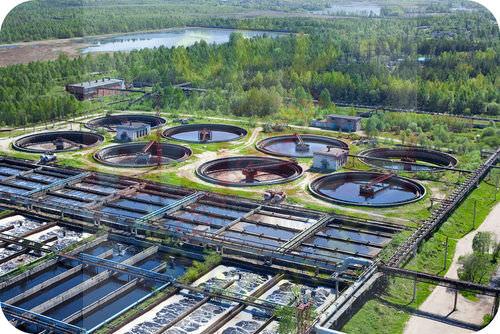Water pollution is defined as the presence of impurities or alteration of its physical, chemical or biological characteristics which is harmful and may cause destructive effects on human as well as the health of the environment.
The water which is not chemically pure but chemically inert, and which is free from any physical and biological impurities is called as potable water.
SOURCES OF WATER POLLUTION
- Plant Nutrients or Agricultural waste
- Thermal discharges or high temperature water
- Sediments (inorganic) / suspended solids
EFFECTS OF WATER POLLUTION
- Decrease in DO
- Effects the food chain
- Large scale algal bloom… loss of biodiversity
- Pollutants can enter food chain
- Destruction of Ecosystems
- Contamination of ground waterMEASURES TO CONTROL WATER POLLUTION
Control of Water Pollution
The pollution on water can be minimized if the untreated waste water is not discharged in soil or in water bodies. For this the untreated waste water originating from various sectors of the society has to be introduced to the following treatments
- Primary treatment for the removal of physical impurities
- Secondary treatment for the removal of organic matter
- Tertiary or advanced treatment for the removal of cations and anions.
- Do Not Pour Fat and Grease Down the Drain
- Dispose of Medical Waste Properly
- Try to Avoid Plastic Containers
- Cut Down on the Chemicals

